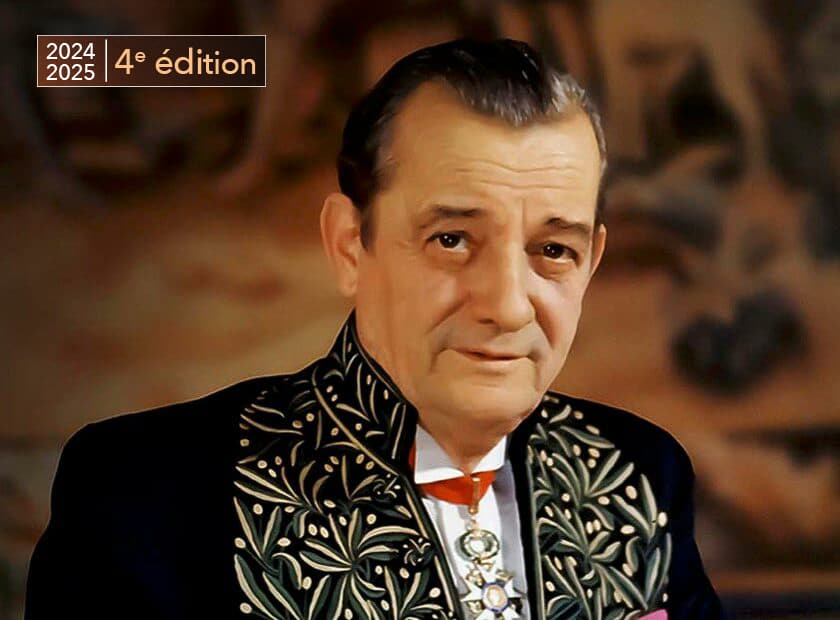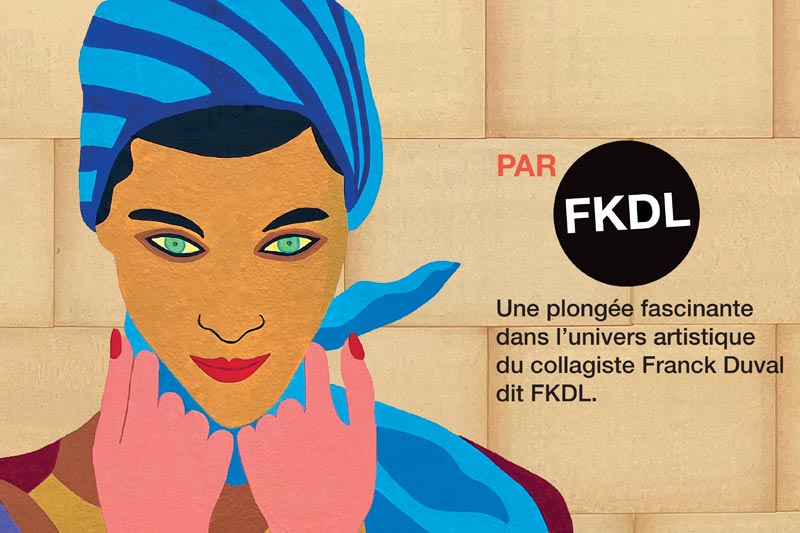
Marcel Pagnol short story contest: 4th edition
29 November 2024
The Marcel Pagnol Dictation challenges grammar and spelling lovers to make as few mistakes as possible on a text by the famous Provencal Academician. Open to nostalgic people for whom school is a distant memory; to those who, on the contrary, are in a hurry to get out of it; or simply to lovers of literature and its pleasures, the famous dictation was back for a 3rd edition on September 28, 2019, with Daniel Picouly and Nicolas Pagnol as somewhat… sadistic masters of ceremony.
Download the text of the Dictée Marcel Pagnol 2019 (text below)
The Time of Love
The Old Port, where triers loaded with hoplites and gymnasts disembarked around 600 B.C., was nothing more than a tiny bay with a rugged coastline, which held the sea captive between two small chains of hills.
Here and there, shadowy synclines were dug at the end of a shallow valley. As we moved away from the smaragdine water with its blue-green, light blue and even turquoise reflections, the bottom of this valley went up towards the chain of heights that encircle the city in a kind of forgotten empyrean.
To eight hundred or eight hundred and twenty meters of the Old Port, had let grow, to side of hill, an alliciante eminence capped of some bushes which made nibble here and there by goats. Farther, one saw, against the sky, every year more coruscating, at the end of the slope, a kind of village supported by a high wall that dominated the foliage of a row of plane trees.
There was a rectangular “square”, surrounded on three sides by houses, several of whose first floors were occupied by elegant stores.
Just in the middle, on a mossy stele, one could see a big stone fish that only an amblyopic ichthyologist could have mistaken for a pout, a chinchard or a red mullet from the island of Porquerolles. Its head came out of a rock and threw day and night a jet of limpid water, which fell gracefully into a sandstone conch, whatever the direction of the wind.
A street came from the right on the side of the Place Saint-Michel, crossed the small square flush with the facades, and left it on the left, to go down to the Rue de la Madeleine, which owes nothing to Marcel Proust nor to his monument “À la Recherche du temps perdu”.
Should we consider that the other Marcel, Pagnol, went off in search of time saved? Undoubtedly, and the name he gave it, “Le temps des amours” (Time of Lovers), resonates in us like a present, conjugated in the evergreen tense.

29 November 2024

30 September 2024